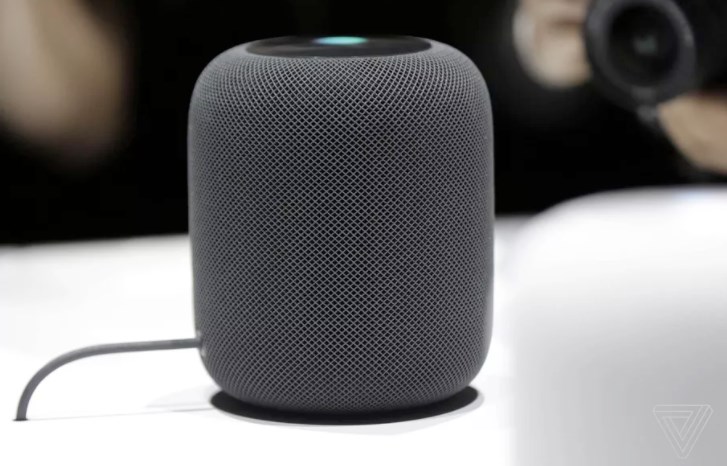Google confirms details of upcoming ad-blocker in Chrome

Cisco and IBM Team Up On Security
June 1, 2017
Apple may compete with Amazon Echo, Google Home
June 5, 2017
Google has confirmed it's getting into the ad-blocking game, as has been previously reported — but in a very limited way.
The company told CNBC that it will allow publishers to participate in a new program called Funding Choices. Under the program, when a user with a third-party ad blocker enabled visits a participating site using Chrome, they will see a prompt that asks them to either turn off their ad blocker, or "pay for a pass that removes all ads on that site through the new Google Contributor." If they choose to pay the fee, Google will take a 10 percent cut. If they select neither choice, they won't be able to view the website.
The move will help publishers who fear losing ad revenue from users with ad blockers turned on. Instead of having to manage these kinds of prompts themselves, publishers can essentially outsource this task to Google.
To see the prompts, users must sign up to participate in the Google Contributor program, and must be signed in to Chrome. If they're not signed up and have an ad-blocker turned on, they won't be able to view the site. If they're not using an ad blocker at all, they'll be able to view the site as usual, complete with ads.
Business Insider is among the participating sites, Google confirmed.
However, publishers must first be compliant with ad standards from the Coalition of Better Ads, of which Google is a part, which could hurt some smaller publishers who have limited leverage over the types of ads they can accept.
Publishers will be able to prepare their sites for these standards using an Ad Experience Report, which will provide "screenshots and videos of annoying ad experiences we've identified to make it easy to find and fix the issues."
Pop-ups, takeover ads and ads with auto-playing audio are all considered bad ads, according to the Coalition for Better Ads.
Google confirmed a new version of Chrome will launch in 2018 that will prevent websites from showing ads "including those owned or served by Google" on sites that don't meet its standards.
The company told CNBC that it will allow publishers to participate in a new program called Funding Choices. Under the program, when a user with a third-party ad blocker enabled visits a participating site using Chrome, they will see a prompt that asks them to either turn off their ad blocker, or "pay for a pass that removes all ads on that site through the new Google Contributor." If they choose to pay the fee, Google will take a 10 percent cut. If they select neither choice, they won't be able to view the website.
The move will help publishers who fear losing ad revenue from users with ad blockers turned on. Instead of having to manage these kinds of prompts themselves, publishers can essentially outsource this task to Google.
To see the prompts, users must sign up to participate in the Google Contributor program, and must be signed in to Chrome. If they're not signed up and have an ad-blocker turned on, they won't be able to view the site. If they're not using an ad blocker at all, they'll be able to view the site as usual, complete with ads.
Business Insider is among the participating sites, Google confirmed.
However, publishers must first be compliant with ad standards from the Coalition of Better Ads, of which Google is a part, which could hurt some smaller publishers who have limited leverage over the types of ads they can accept.
Publishers will be able to prepare their sites for these standards using an Ad Experience Report, which will provide "screenshots and videos of annoying ad experiences we've identified to make it easy to find and fix the issues."
Pop-ups, takeover ads and ads with auto-playing audio are all considered bad ads, according to the Coalition for Better Ads.
Google confirmed a new version of Chrome will launch in 2018 that will prevent websites from showing ads "including those owned or served by Google" on sites that don't meet its standards.



